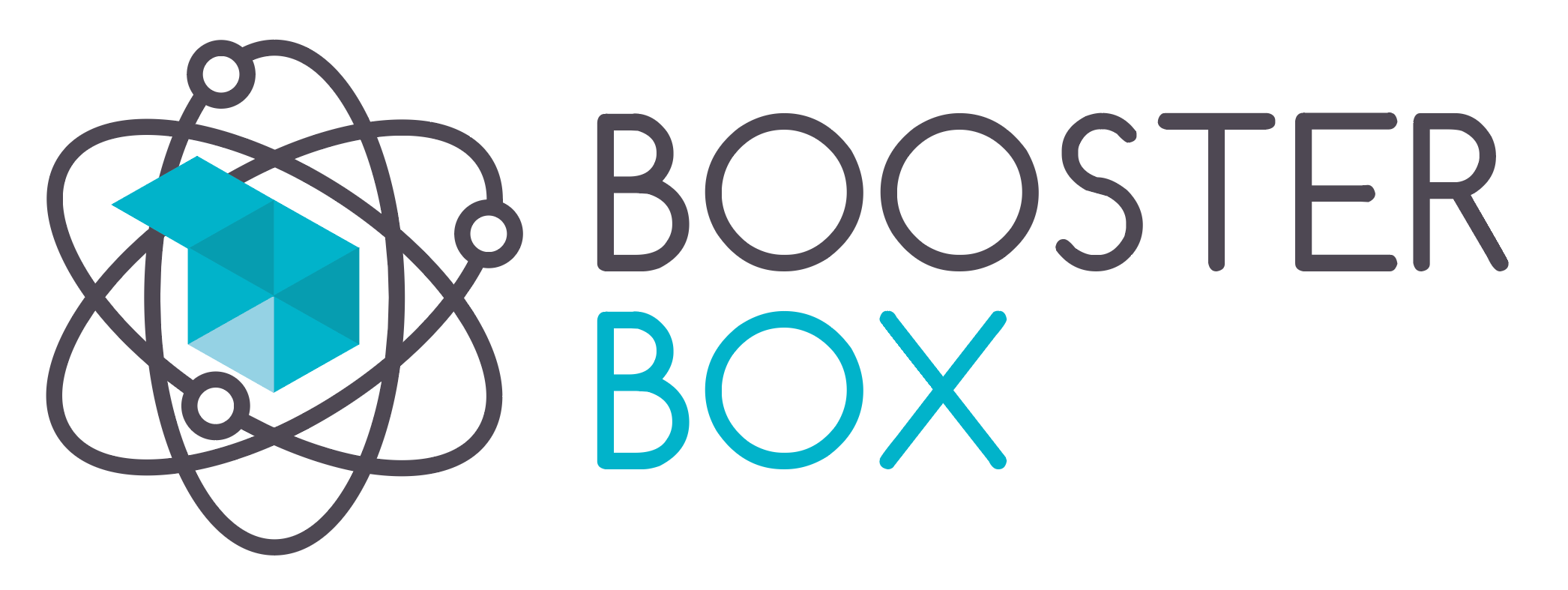We graduated SEO college, you want to know we’re quite smart

Not to get way too personal about ourselves nor lauding our own successes (not our style), yet we thought we better let you know we love SEO and we manage it damn well.
It’s an open secret that we grew up on bread and PPC and also that dynamism, innovation and smarter ways to rock the digital world are our cup of tea. Long story short: SEO discipline fascinates us and – as we often do – we just had to master the heck out of it.
Interested in how it started and how it’s going? (Rhetorical, we know you are)

First, getting to know BERT
In 2018, Google released a search algorithm tool called BERT, aiming at a better understanding of natural language, especially when it comes to conversational search.
Designed to help solve ambiguous sentences and multiple-meaning words, BERT is also a terrific weapon when facing context challenges. By open-sourcing BERT, Google has probably changed natural language processing forever, and we’re anything but afraid.
First things first: we’re at home when it comes to welcoming changes and facing challenges. Two: while we were deepening our knowledge in its running one, Google developed a new technology to be learned anew. Guess what: nevertheless, we’re inspired with extravagant admiration. We can’t help it.

Then, loving MUM
“MUM” stands for Multitask Unified Model and it is Google’s new technology for answering complex queries. How? Being based on a deeper understanding of languages allows it to give more detailed and helpful responses.
MUM‘s main goal is indeed to make users’ searches way easier and shorter than they currently are on average. Whether searches are simple or complex, MUM will guarantee expert-level accuracy, getting different pieces of information together so as to answer multi-point questions all at once.
Thanks to its deep understanding of languages together with its broad knowledge of the world, MUM unlocks information on new paths thus providing users with the best advice it can find across the web. Upshot: fewer searches needed by users to get things done with higher accuracy.
Whilst MUM shares BERT’s architecture, it’s still said to be 1K times more powerful in understanding questions and delivering responses. Very super-smart model and despite being not operationally ready yet (it is used only internally by Google at the moment) we’re already taking inspiration from it, to develop a system capable of following MUM’s strategy in the Booster Box manner.
Our climbing strategy to the top of the SERP
Affirmative. We charted our own, original, smarter than smart (according to ourselves, our mums and our clients) way to the top of SERP that closely resembles MUM’s multi-modal approach in SERP document summarisation, sentiment analysis and topic and entity clustering.
Mission possible is: to provide our clients with MUM’s same level of efficiency.
Here’s the ingenious recipe for the magic potion, to be done on the night of a full moon:
- we undertake an extensive audit and bring forth a transparent 360-degree overview, making sure websites are built on solid foundations, barrier-free and fitted out with remarkable value in the eyes of search engines
- we run research and discovery, focusing on keywords and topics but most of all on organic competitors
- we do SERP, meta descriptions and meta titles scraping, taking the 3-5 first results and analysing them with specific tools
- we carry out text and semantic analysis for the queries we want to optimise, gathering all the best content we can find online, including links, text posts, images, and videos available on Reddit
What comes out is a brief, carefully assembled by our SEO experts on the basis of custom, proprietary tech scripts, on what competitors are doing, which keywords and their combinations would bring the highest effectiveness to description and titles and, more generally, a plan on how to optimise the keywords we want the best positioning for. This path is tied hand in glove with MUM’s goal of building deep neural networks to mimic the thinking function of the human brain by learning to recognise patterns in data.
Enticing, isn’t it?

Conclusion
We know wading through all these acronyms won’t be a piece of cake. The world of SEO has become more and more sophisticated since the early days of our industry. More sophistication = more complication, but what excites us is that these evolving tools allow us to boost our clients to the TOP of Google search queries more efficiently and transparently.
Though BERT remains a practical, heavily-tested method to put your website in front of a user, MUM is now a much-more-powerful industry standard. Therefore, granting yourself the opportunity to transition would be a savvy choice.

